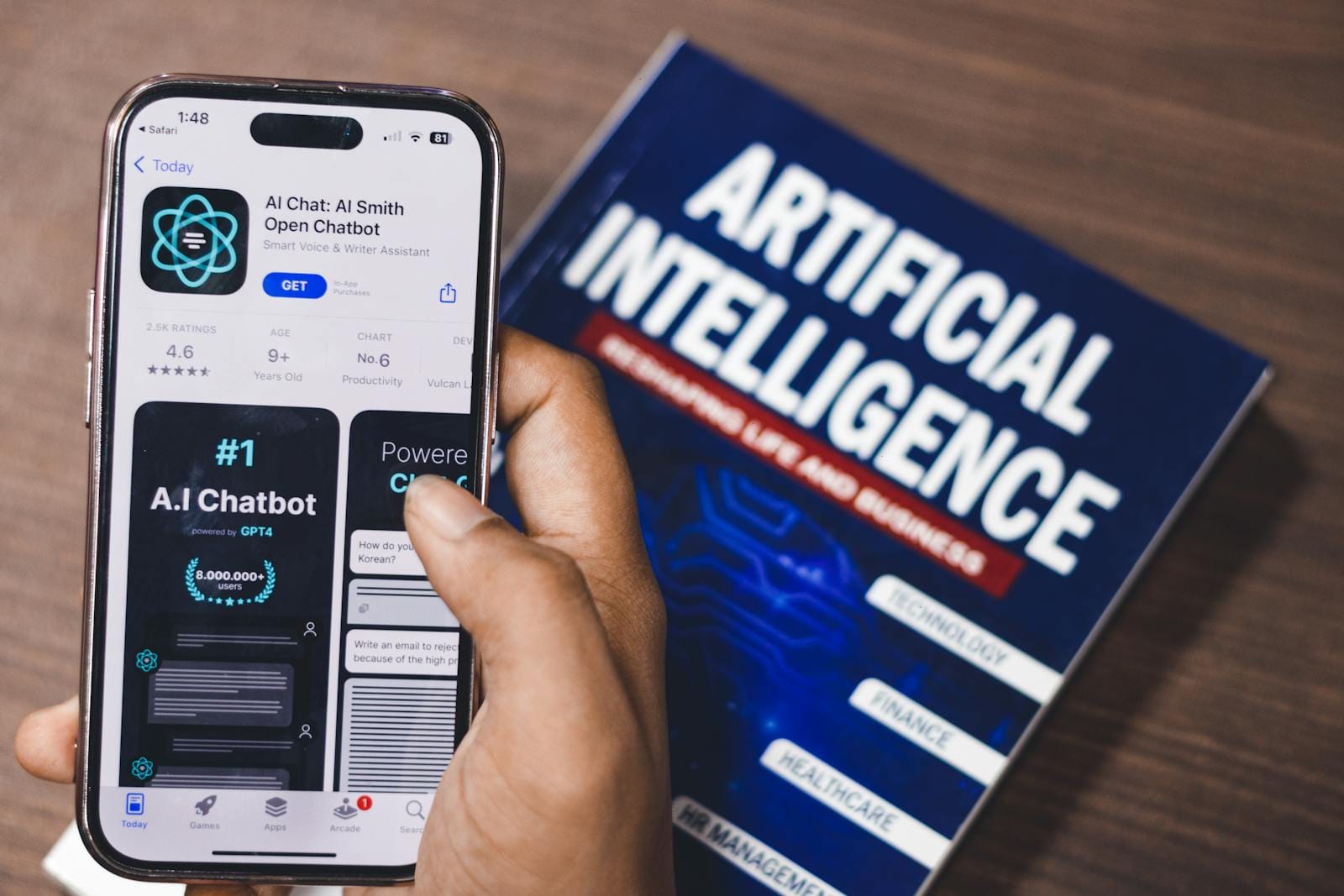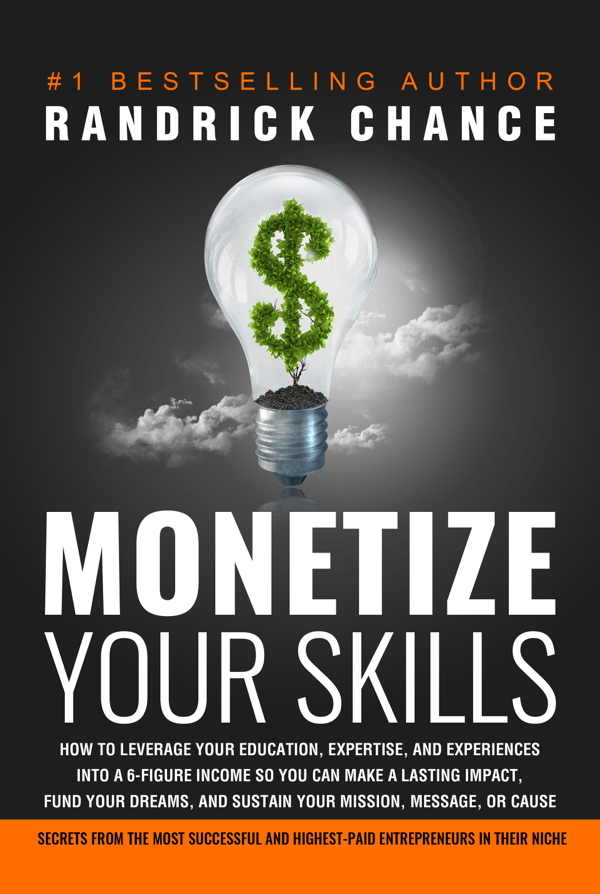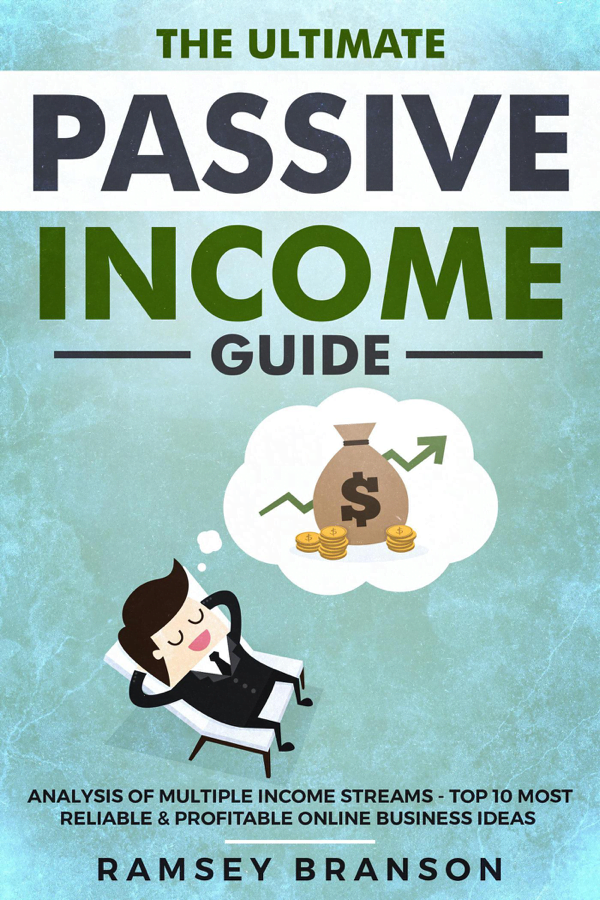
Welcome back to The What If Series at JGH Marketing, where we explore futuristic scenarios and their potential impact on the marketing world. Today, we’re diving into a fascinating and increasingly relevant topic: What if artificial intelligence (AI) dominated marketing? Let’s explore how AI could reshape the marketing landscape and what that means for businesses and consumers alike.
Unprecedented Personalization
One of the most transformative aspects of AI in marketing is its ability to deliver unparalleled personalization. Imagine every interaction with a brand tailored precisely to your preferences and behaviors. AI can analyze vast datasets to create highly personalized content, recommendations, and offers, enhancing customer experiences and driving higher conversion rates.
Data-Driven Precision
AI excels at processing and interpreting complex data. This capability allows marketers to make data-driven decisions with greater accuracy than ever before. By leveraging AI, marketers can uncover deep insights from customer data, refine their strategies, and optimize campaigns to achieve better results.
Automation of Routine Tasks
Repetitive tasks like email marketing, social media management, and customer segmentation can be time-consuming. AI can automate these processes, allowing marketers to focus on more strategic and creative tasks. Automation ensures efficiency, consistency, and precision, which are critical for successful marketing campaigns.
Enhanced Customer Insights
AI’s ability to analyze customer behavior in real-time provides marketers with up-to-date insights. These insights enable agile marketing, where campaigns can be adjusted on the fly based on immediate feedback. This responsiveness helps maintain relevance and effectiveness in dynamic market conditions.
Predictive Analytics
AI’s predictive capabilities are a game-changer. By analyzing historical data, AI can forecast future trends and consumer behavior, allowing marketers to stay ahead of the curve. Predictive analytics can inform product development, content strategy, and marketing tactics, helping brands meet customer needs proactively.
Improved ROI
Optimizing ad spend and targeting is another area where AI shines. By identifying the most effective channels, times, and messages, AI ensures that marketing efforts yield the highest return on investment. This precision in targeting not only maximizes ROI but also minimizes wasted resources.
Innovative Content Creation
AI tools are advancing rapidly in content creation. From generating copy and headlines to producing images and videos, AI can accelerate the content creation process. While AI might not replace human creativity, it can certainly enhance it by providing inspiration and handling routine tasks.
Real-Time Customer Support
AI-powered chatbots and virtual assistants can provide instant customer support, resolving queries quickly and efficiently. This enhances customer satisfaction and frees human support teams to handle more complex issues. The 24/7 availability of AI-driven support ensures that customers always receive timely assistance.
Sentiment Analysis
AI can analyze social media and other online content to gauge public sentiment toward a brand. This allows marketers to respond promptly to public opinion, addressing concerns and capitalizing on positive feedback. Understanding sentiment in real-time helps brands maintain a positive image and build stronger relationships with their audience.
Dynamic Pricing
AI can adjust prices in real-time based on demand, competition, and other factors. This dynamic pricing strategy can optimize revenue and sales, ensuring that prices are always competitive and aligned with market conditions. For businesses, this means greater flexibility and the ability to respond swiftly to market changes.
Challenges and Ethical Considerations
While the benefits of AI in marketing are substantial, several challenges and ethical considerations must be addressed:
- Data Privacy: The use of AI raises important questions about data privacy and security. Marketers must ensure that customer data is used responsibly and transparently.
- Bias and Fairness: AI algorithms can inadvertently perpetuate biases present in training data. It’s crucial to implement measures to detect and mitigate bias in AI systems.
- Job Displacement: Automation could lead to job displacement in the marketing industry, necessitating a shift in skill sets and roles.
- Over-Reliance on Technology: While AI offers powerful tools, over-reliance on technology could stifle human creativity and reduce the personal touch in marketing.
The Future Outlook
As AI continues to evolve, its dominance in marketing seems inevitable. However, the key to harnessing AI’s potential lies in balancing technological innovation with ethical considerations and human ingenuity. At JGH Marketing, we believe that the future of marketing will be a harmonious blend of AI-driven efficiency and human creativity, leading to richer, more impactful customer experiences.
AI’s role in marketing isn’t about replacing humans; it’s about augmenting our capabilities and enabling us to achieve more. By embracing AI, we can unlock new possibilities and drive the industry forward into an exciting future.
Stay tuned to JGH Marketing for more insights and updates on the latest in marketing innovation. Share your thoughts and experiences with AI in marketing in the comments below. We’d love to hear from you!
















Boost Sales with AI E-commerce Optimization Made Easy
December 6, 2024This was such an intriguing exploration of AI's role in marketing! I agree that AI could transform how brands connect with consumers, especially through hyper-personalized content and real-time analytics. However, I wonder about the balance between automation and creativity—could relying too much on AI dilute the human touch that makes some campaigns memorable? Also, how do you see smaller businesses adapting to this shift? Would AI tools become accessible enough for them to compete, or could it create a wider gap between big brands and small businesses? Excited to hear your thoughts!